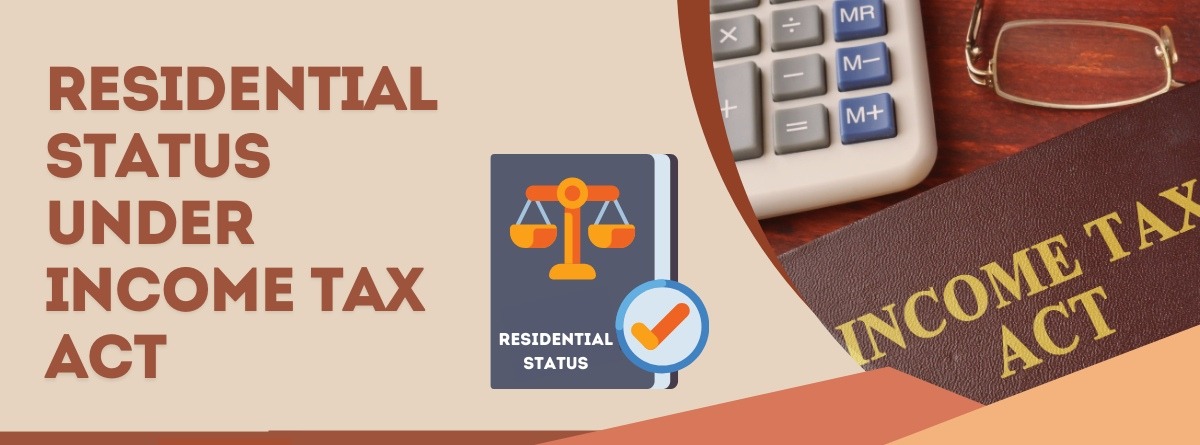Aikman, J.@mdashThe following are the facts of this case: There were three brothers, Ghansham, Puran and Bhichak. Puran died leaving a widow named Talwandi. Talwandi gave a 4 pie share in a village which had belonged to her husband to her nephews Gauri and Ram Saran, sons of Bhichak, each of the donees getting two pies. Gauri transferred his two pies to Janki Pande, the respondent to this appeal. Alter the widow''s death the sons of Ghansham brought a suit against the transferees, Janki Pande and Ram Saran, jointly, claiming two pies out of the four pie share which had been conveyed away by Talwandi. They got a decree jointly against Janki and Ram Saran for possession of two pies. In pursuance of this decree the decree-holders got their names entered in lieu of Janki''s, as in possession of the two pie share which he had received from Gauri. Thus one of the two judgment-debtors satisfied the whole of the decree, and Ram Saran contributed nothing towards it. The suspicion cannot hut arise that the decree-holders exempted the share of Ram Saran, who was their cousin, and took the whole from Janki, who was an outsider. This, the decree being without specification, they were entitled to do. Janki has now brought what is really a suit for contribution against his co-judgment-debtor, Ram Saran, claiming to recover from him a one pie share. He has got a decree from the Lower Appellate Court. Against this decree Ram Saran appeals. The ground upon which the decree is impugned is that the plaintiff''s suit would not lie with reference to the terms of Section 244 of the Code of Civil Procedure. In my opinion this plea cannot be sustained. The decree has passed beyond the stage of execution. The Court which passed the decree, so far as that decree is concerned, is functus officio, and, this being so, the terms of Section 244 will not apply--see the case of Fakar-ud-din Mahomed Ahsan v. The Official Trustee of Bengal ILR 10 Cal. 588. So far as the execution of the decree is concerned, the plaintiff here could have no cause of complaint. The decree being passed against the judgment-debtors jointly, it could not be contended by him that there was any defect in the execution proceedings. The learned vakil for the respondent also refers me to the cases of Aziz-ud-din Hossein v. Ramanugra Roy ILR 14 Cal. 605; Purmessuree Pershad Narain Singh v. Janki Kooer 19 W.R. 90 and a recent case, Biru Mahata v. Shyama Churn Khawas ILR 22 Cal. 483 in which it was held that, provided a suit, the institution of which is prohibited by Section 244, is instituted in the Court which would have to deal with an application under that section, this is a mere defect in form and there is no real want of jurisdiction. But it is unnecessary to rely on this ground, for I hold this was not a case in which an application could have been made u/s 244. The appeal fails and is dismissed with costs.
Janki Pande Vs Ram Saran Pande
Bench: Single Bench
Result Published
Judgement Snapshot
Hon'ble Bench
Aikman, J
Final Decision
Dismissed
Judgement Text
Translate:

